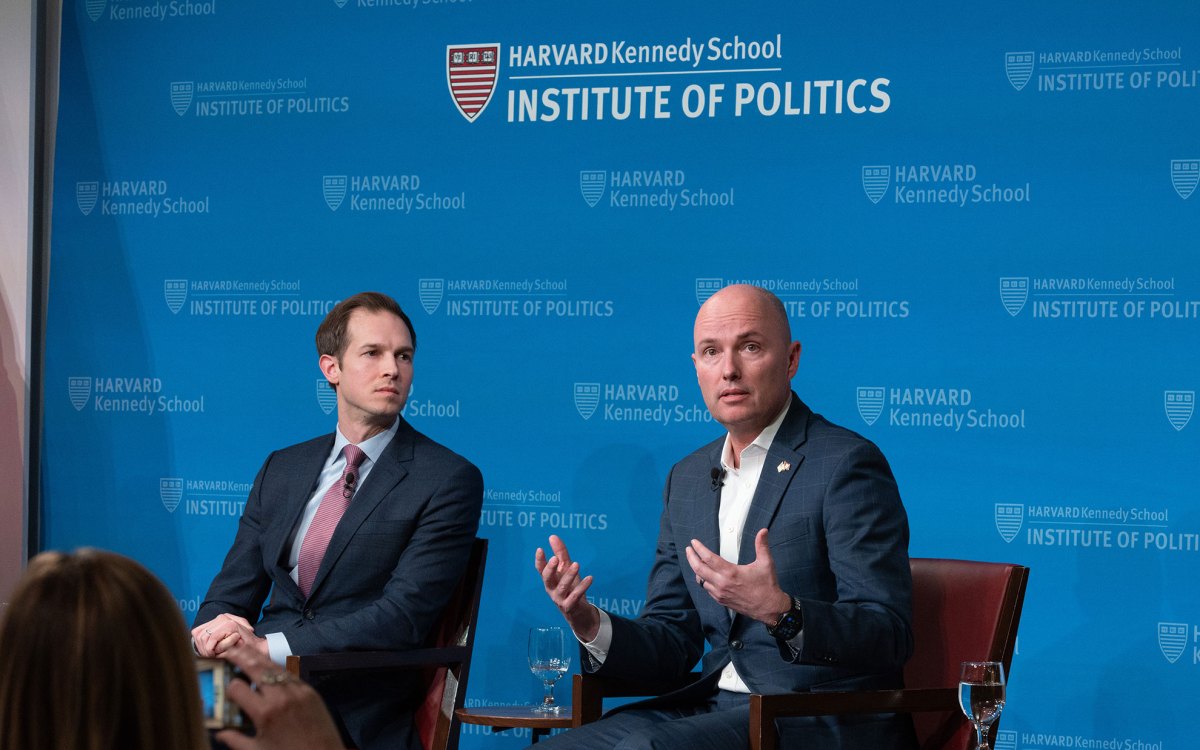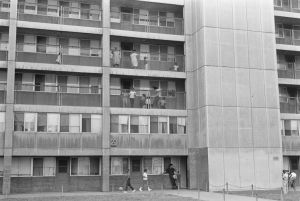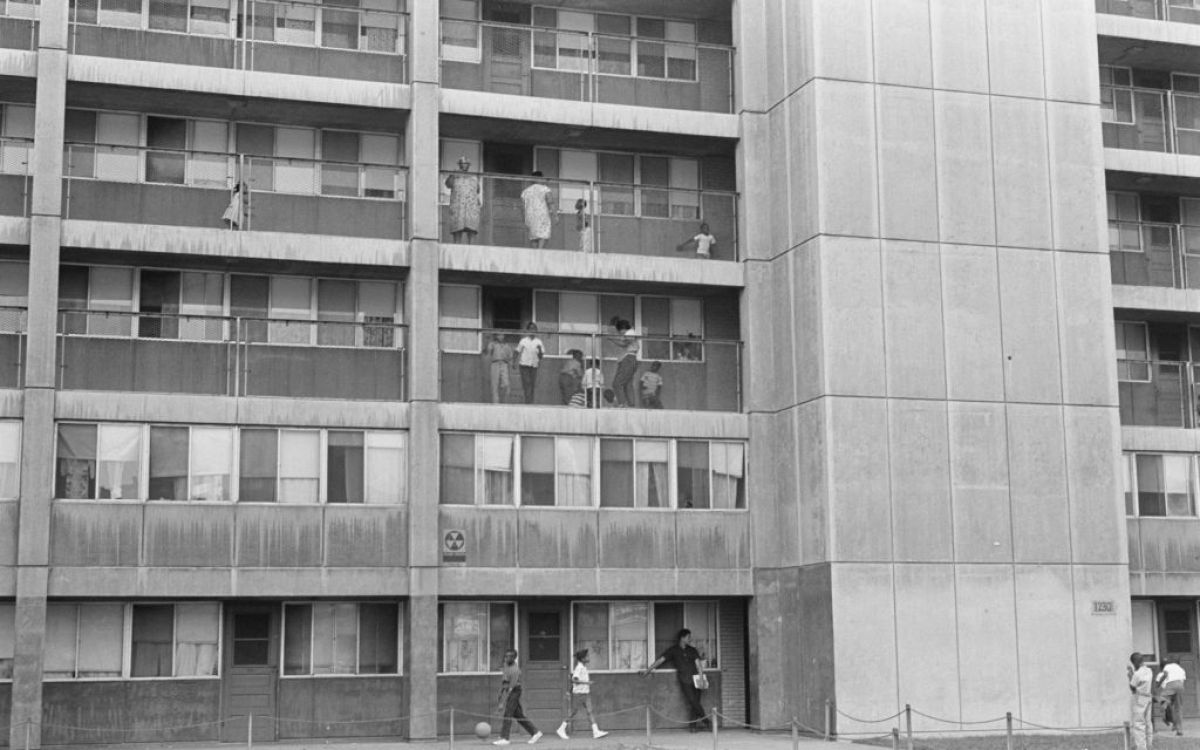Taking people ‘to where they want to be’
Law School students help struggling small-time entrepreneurs flourish
Hailing from Buffalo, a once-prosperous city in upstate New York, Steven Salcedo knew how a lack of continued economic development can hinder families and mire people in poverty and hopelessness.
But it was only after he took a course at Harvard Law School (HLS) that Salcedo realized that lawyers could help foster better times for communities.
“Lawyers can’t make economic development happen by themselves,” said Salcedo. “But we can contribute to help solve poverty by enabling people to do what they want to do. We’re like a bridge; we take them from where they are to where they want to be.”
The class Salcedo took, “Community Enterprise Project of the Transactional Law Clinics,” allows HLS students to help small business owners, entrepreneurs, and community groups create businesses, obtain permits and licenses, and negotiate contracts and other transactional (non-litigation) services.
Other transactional law clinics offered at HLS deal with business and nonprofits, entertainment law, and real estate.
Amanda Kool, an HLS lecturer on law and clinical instructor, directs the Community Enterprise Project. Under her supervision, students work out of HLS’s Legal Services Center in Jamaica Plain, dividing their time between assisting clients and partnering with community organizations on projects that address broader legal barriers to economic development in the community.
The course benefits both students who are interested in pursuing social-justice work and community members who need their services, said Kool. Since 2013, students have produced legal toolkits compiling laws and regulations that govern worker cooperatives, condominium associations, and food trucks, and staged legal workshops for military veterans who are starting small businesses and for entrepreneurs in the creative economy. Last October, they published a first-of-its-kind legal guidebook for immigrant entrepreneurs.
“A lot of the social ills that result in crimes tied to poverty could be cured through economic development,” said Kool. “Our work has a strong public purpose.”
By helping people who want to start small enterprises but lack the moneys to hire an attorney, students promote business development and job growth, said Kool. For many students, the fact that lawyers can help people overcome barriers to economic development comes as a something of a surprise.
That was the case for Matt Diaz, who registered in the course with a desire to do transactional law but without knowing what to expect. He worked with clients who wanted to start a landscape worker cooperative and as a result, helped write a worker coop guide and the guidebook for immigrant entrepreneurs.
“I’m a nerd for tackling new and unresolved legal issues,” said Diaz. “The course was like a rabbit hole for legal research. I had tons of fun.”
For Carolyn Ruiz, the course offered an opportunity to plunge into a neighborhood far from campus and interact with community organizations.
“In law school, everything is hypothetical,” she said. “This gave me the chance to work with real people in the real world.”
The course also helped her practice her Spanish skills with Salvador Esteban, a client who comes from Mexico.
“We wouldn’t have been able to help him” otherwise, said Ruiz, a Texan of Mexican descent. “He only spoke Spanish.”
A father of two, Esteban, 45, runs a hot-dog cart near the Boston Common, and needed help with licensing and permitting.
“I didn’t know how to pay taxes or how to apply for permits with City Hall or the health department,” he said.
Students relish the opportunity to be immersed in a workaday community. Because their clients work during the week, students sometimes spend weekends and evenings meeting with them at their homes or businesses near Jamaica Plain.
Salcedo took the course three times because he found his calling. It changed more than his career path, he said.
“It did change the course of my life,” he said. “I entered law school because I wanted to help underrepresented people. I was unsure of how I wanted to do so, though. I learned that law can empower low-income entrepreneurs who are working to revitalize their neighborhoods and provide for their families.”
Salcedo was awarded a prestigious Skadden Foundation Fellowship to create a program like the Community Enterprise Project to help small entrepreneurs in his hometown. After graduation, he plans to go back to Buffalo to work at the Western New York Law Center, a nonprofit that provides legal services in civil matters to low-income residents.
“I can’t imagine a more fulfilling way to use my legal education,” he said.




